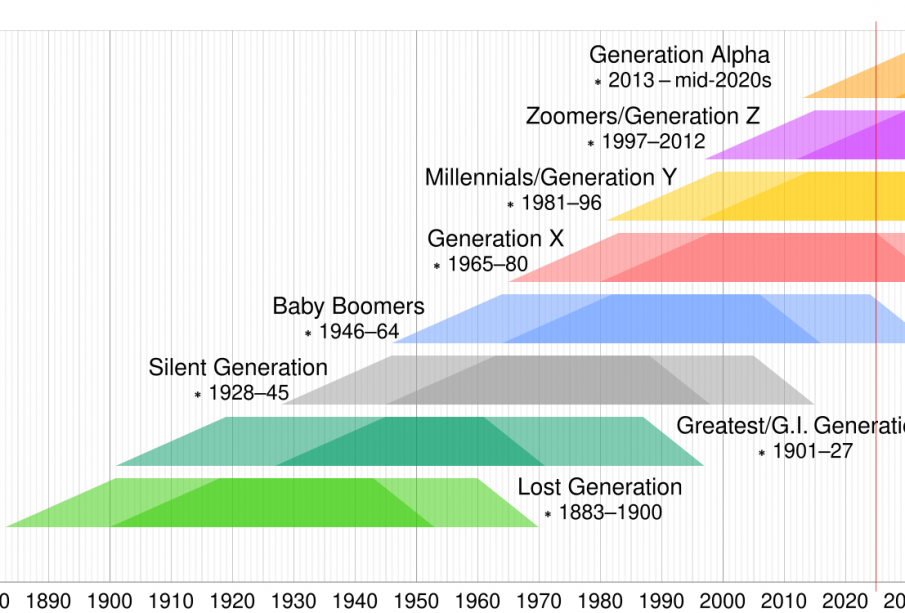Understanding Gen Z: Characteristics and Influence on Society

Introduction
The emergence of Generation Z (Gen Z), comprising individuals born from 1997 to 2012, marks a significant shift in societal dynamics, particularly as they come of age in a rapidly evolving world. Understanding Gen Z is crucial for businesses, educators, and policymakers aiming to connect meaningfully with this influential cohort. Their unique perspectives, attitudes, and digital savviness are reshaping industries and cultural norms.
Defining Characteristics of Gen Z
Gen Z is the first generation to grow up in a fully digital world, with smartphones and social media woven into the fabric of their daily lives. A recent Pew Research study highlights that 95% of Gen Z has access to a smartphone, and 45% say they are online ‘almost constantly’. This constant connectivity influences their communication styles, with platforms like TikTok, Snapchat, and Instagram serving as primary modes of interaction.
Key Trends Among Gen Z
As consumers, Gen Z is depicted as more conscientious and socially aware. They are significantly concerned about social issues, particularly climate change, racial equality, and mental health. According to a report by McKinsey, 76% of Gen Z members are willing to pay more for products from sustainable brands. Their purchasing decisions are influenced by a brand’s commitment to authentic social responsibility and transparency.
Impact of Gen Z on the Workforce
As they enter the workforce, Gen Z is expected to bring fresh perspectives and a desire for meaningful work. A LinkedIn survey indicates that nearly 70% of Gen Z workers seek a company culture aligned with their values, prioritising companies that support diversity and inclusion. They value flexibility and work-life balance, with remote work options becoming a critical factor in job selection.
Conclusion
Understanding Gen Z’s characteristics and their impact on various sectors is essential for engaging with this dynamic generation effectively. As they continue to influence consumer behaviour, workplace culture, and societal norms, businesses and leaders must adapt their strategies to resonate with Gen Z’s values. The future landscape is likely to be heavily shaped by their ideals and expectations, indicating a significant transformation in how society approaches issues from commerce to education. Engaging with Gen Z today prepares us for a more inclusive and innovative tomorrow.








